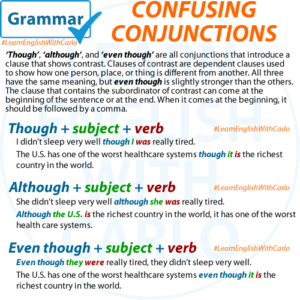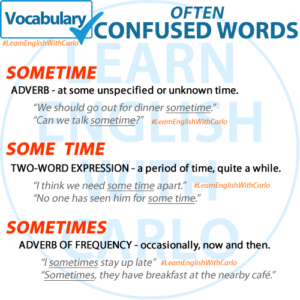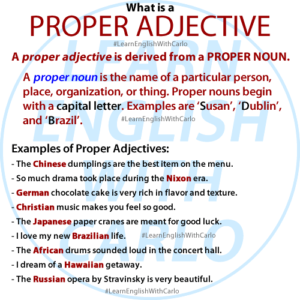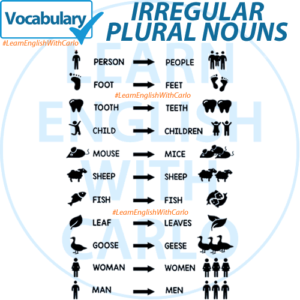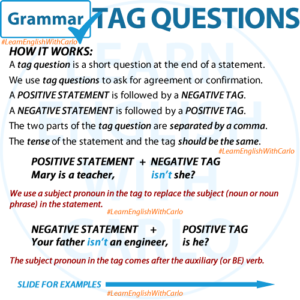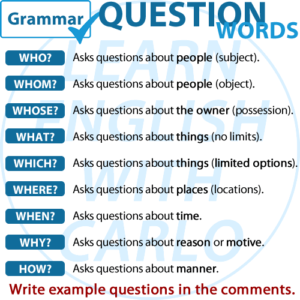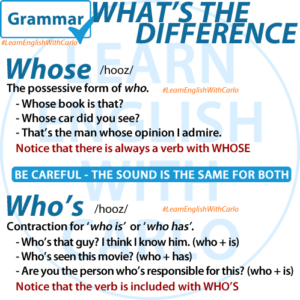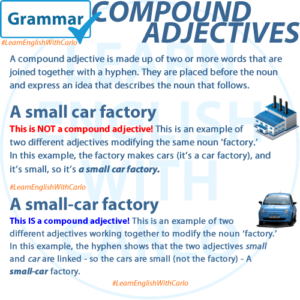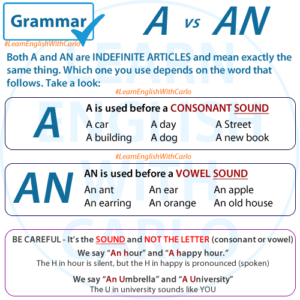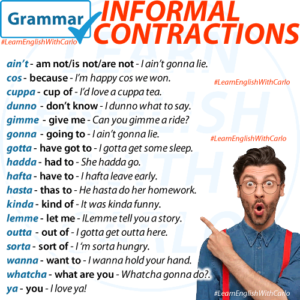Though, Although, and Even Though Conjunctions play a crucial role in connecting ideas within sentences, and when it comes to expressing contrast, three common ones stand out: “though,” “although,” and “even though.” Let’s delve deeper into how these conjunctions function and how they can elevate your writing! 1. Though 2. Although 3. Even Though Placement …
Category: INSTAGRAM
Images I've posted to Instagram
Permanent link to this article: https://englishyourway.com.br/understanding-conjunctions-for-contrast/
Jun 18
Sometime, Sometimes and Some Time
These three words are often confused. So, here’s an explanation of the differences between “sometime,” “sometimes,” and “some time”: 1. Sometime: 2. Sometimes: 3. Some time: Usage Tips: Examples: Understanding these differences will help you use these words correctly in various contexts. Practice using them in sentences with the QUIZ below!
Permanent link to this article: https://englishyourway.com.br/sometime-sometimes-and-some-time/
Jun 16
Understanding Proper Adjectives in English
In English, proper adjectives are derived from proper nouns, which name specific people, places, organizations, or things. What makes proper adjectives unique is that they always begin with a capital letter, just like the proper nouns they come from. These adjectives allow us to describe things with precision, linking the characteristics of a person, country, …
Permanent link to this article: https://englishyourway.com.br/understanding-proper-adjectives-in-english/
Jun 14
VOCABULARY – Irregular Plural Nouns
VOCABULARY – Irregular Plural Nouns Most nouns in English are made plural by adding an ‘s’ to the singular form. But there are some exceptions. Here are a few of the more common ones. REMEMBER: Always use the plural verb form with plural noun subjects. FOR MORE INFORMATION ABOUT IRREGULAR PLURAL NOUNS, CLICK HERE.
Permanent link to this article: https://englishyourway.com.br/vocabulary-irregular-plural-nouns/
Jun 03
GRAMMAR – Tag Questions
A tag question is a short question added to the end of a statement. They are used to confirm information, seek agreement, or invite a response from the listener. Tag questions are characterized by their structure: they typically consist of an auxiliary verb and a pronoun that matches the subject of the statement. For example: …
Permanent link to this article: https://englishyourway.com.br/grammar-tag-questions/
Jun 02
GRAMMAR – Interrogative Pronouns (question words)
An Interrogative Pronoun (question word) is a word we use in an information question (as opposed to a yes/no questions). The most common question words in English are: WHO is only used when referring to people, when we want to know the person. WHERE is used when asking about a place or location, when we want to know the …
Permanent link to this article: https://englishyourway.com.br/grammar-interrogative-pronouns-question-words/
Jun 01
WHOSE vs. WHO’S: What’s the Difference?
The words WHOSE and WHO’S may sound the same when spoken (both pronounced /ho͞oz/), but they have very different meanings and uses in English. Learning to use them correctly will help you avoid common mistakes in writing and speaking. WHOSE: Possessive Pronoun WHOSE is a possessive pronoun used to ask or talk about ownership or …
Permanent link to this article: https://englishyourway.com.br/whats-the-difference-between-whose-and-whos/
May 30
Compound Adjectives
Understanding Compound Adjectives in English Compound adjectives are a fascinating aspect of English grammar that allow us to express detailed ideas about nouns in a concise and efficient way. As the name suggests, a compound adjective is made up of two or more words that work together as a single unit to describe a noun. …
Permanent link to this article: https://englishyourway.com.br/compound-adjectives-examples-and-rules/
May 29
A vs. AN: Indefinite Articles
Both A and AN are indefinite articles in English, and they mean exactly the same thing. They are used before singular, countable nouns when you are not referring to a specific item. However, the choice between A and AN depends entirely on the sound of the word that follows—not necessarily the first letter of that …
Permanent link to this article: https://englishyourway.com.br/a-vs-an-indefinite-articles/
May 28
VOCABULARY – Informal Contractions
VOCABULARY – Informal (spoken) Contractions In English, as in most other languages, there are ways to shorten groups of words that commonly go together. We don’t do this in writing, just when we speak. They are called informal or spoken, contractions. ain’t – am not/is not/are not – I ain’t gonna lie. cos – because …
Permanent link to this article: https://englishyourway.com.br/vocabulary-informal-contractions/

